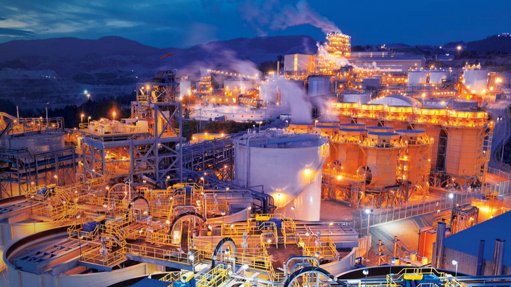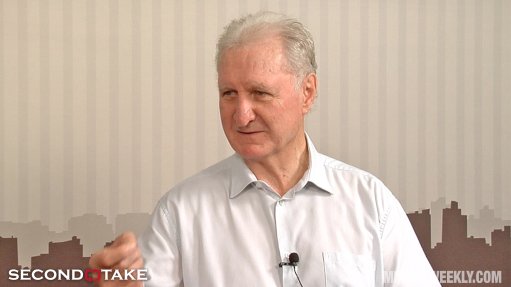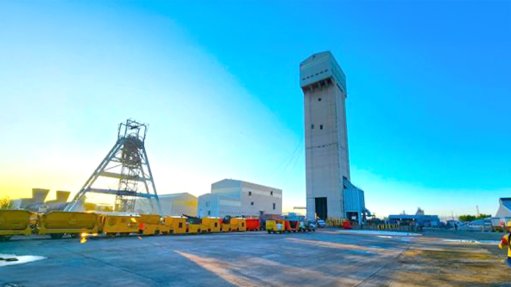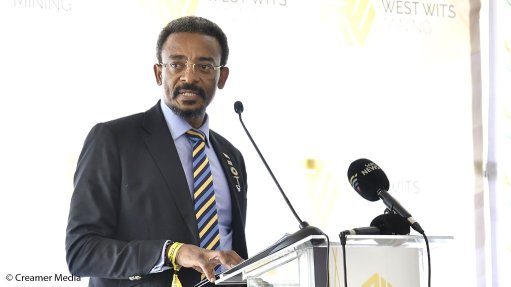Name change for new colliery

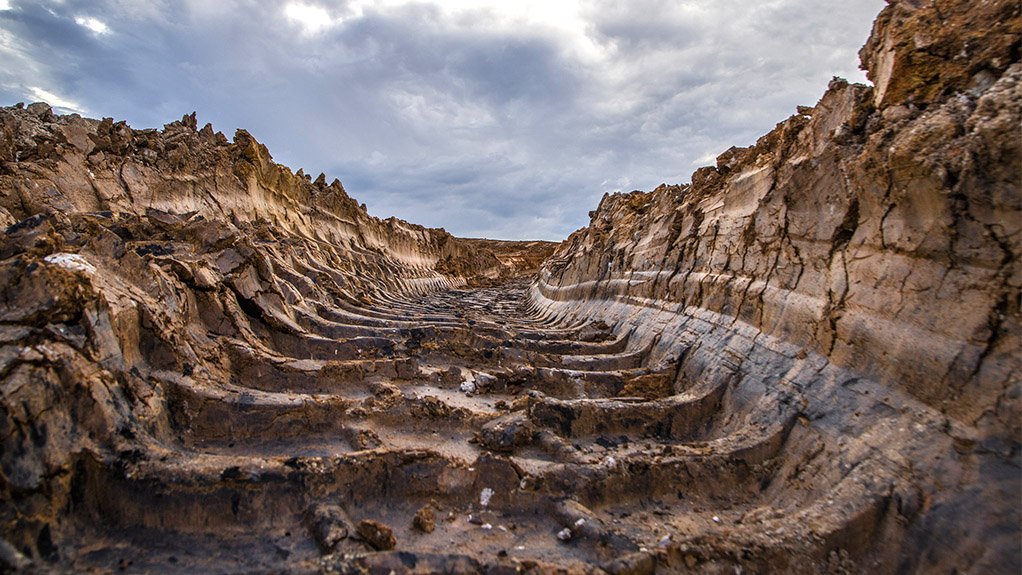
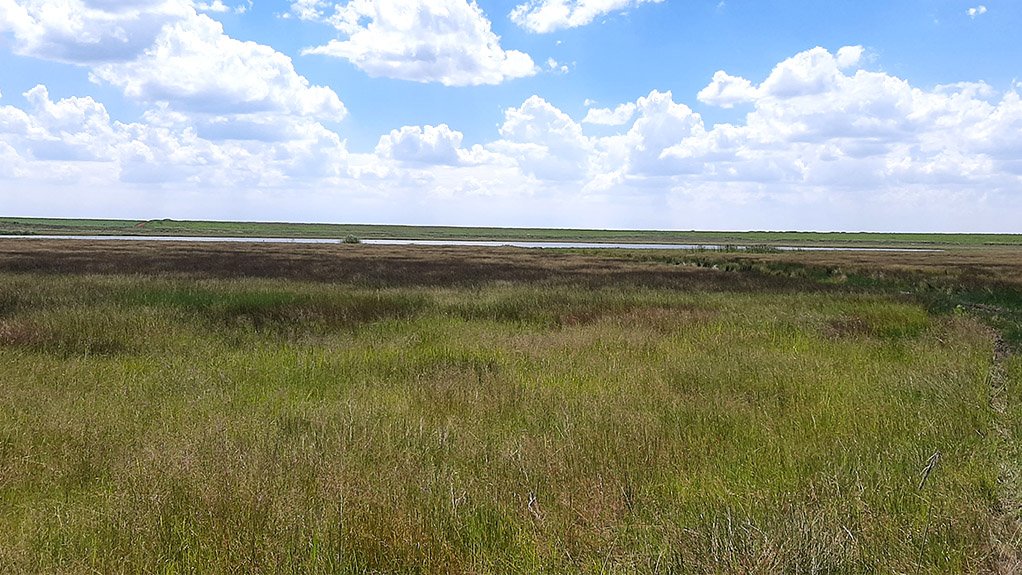
ON TRACK Canyon Coal has several potential coal projects on the cards at various stages of development and approval
GREENFIELD PROJECT Construction of the greenfield Gugulethu colliery, which is situated near Hendrina, in Mpumalanga, is planned to start in the first quarter of 2022
One of coal mining company Canyon Coal’s – a subsidiary of investment company Menar – new collieries has changed its name from De Wittekrans to Gugulethu ahead of the start of construction. The new name means “our value” or “our pride” in Nguni languages.
“The purpose of the name change was to better reflect the project’s African heritage, as well as the value and pride that the project holds in our group as a future flagship project,” says Menar project head Gerhard Cronje.
Subject to market conditions and the availability of export trains, construction of the greenfield Gugulethu colliery, which is situated near Hendrina, in Mpumalanga, is planned to start in the first quarter of next year. The construction of the new mine will take about eight to ten months.
The global effect of Covid-19 on coal prices caused a delay in the project breaking ground. After reassessing the viability of the mine, with current and forecast coal prices taken into account, the company found the Gugulethu project remained feasible, given the dynamics of the mine and the ore.
The mine will require supporting infrastructure including a dedicated 400 t/h beneficiation plant to wash and separate the mined thermal coal on site and prepare it for sale. Cronje explains that coal beneficiation provides substantial economic benefits as the coal can be upgraded to a saleable product that repositions the mine to a preferable position along the cost curve.
The coal washing process removes impurities and offers substantial benefits by means of controlling the ash content and calorific value in line with customer specifications.
Additionally, pollution control dams will be constructed for dirty water containment, as well as clean water storage, sewage treatment facilities, power supply infrastructure, fuel storage, haul roads, workshops, ablutions and offices.
Phase 1 of the new colliery’s opencast development is valued at about R600-million, featuring an economically minable reserve of 14.3-million tonnes of run-of-mine (RoM) ore. Phase 1 will consist of three pits, one of which has been designed with the specific purpose of gaining access to the underground reserve. Phase 2 comprises the underground mining section planned for development later on and is valued at about R890-million.
“We regard the opencast component of this project as the key to unlocking the full potential and it will, therefore, fund the capital for the larger underground section,” says Cronje.
The opencast phase is estimated to have a life-of-mine (LoM) of about seven years based on a RoM production of about 200 000 t/m, while the underground portion will extend the LoM for another 19 years. The underground portion is expected to start development towards the end of the opencast section’s life. Cronje tells Mining Weekly that this will likely occur in about the fourth quarter of 2027.
Cronje notes, however, that Canyon Coal has allowed for the flexibility to mine the underground reserve at any time during the opencast operations, should the company choose to ramp up production.
Although this is Canyon Coal’s first underground mine, the management team has extensive experience in underground mining. Moreover, the project team has the support of Menar, which owns and operates underground mines – the Zululand Anthracite Colliery, near Ulundi, in KwaZulu-Natal, and Kangra’s operation near Piet Retief, in Mpumalanga.
“The project will create an overall total of 430 job opportunities for local community members as part of the opencast and underground phases of the project, of which 150 job opportunities will emanate from the opencast component,” he explains.
The Gugulethu Colliery is geared towards supplying thermal coal to the export market. It is set to produce 5 700 kcal/kg primary product with a 4 800 kcal/kg secondary product. This will be achieved using four new 90-t excavators and 12 60-t articulated dump trucks. Cronje says two dozers, two graders and two water bowsers will also be added to the mine’s fleet.
All product will trucked to the nearest railway siding at Rietkuil – about 43 km away – to be transported to Richards Bay Coal Terminal for export.
The mining right, water-use licence (WUL) and environmental authorisation have all been granted, including the WUL for the opencast operations.
“We also own the farm portion on which all the infrastructure will be developed,” Cronje notes.
Additionally, as previously reported by Mining Weekly in September, Canyon Coal is assessing the feasibility of integrating solar energy at its mine offices, weighbridges and workshops to reduce energy consumption and introduce renewable energy.
Using renewable energy will enable the mine to reduce the electricity required from the grid and from diesel generators, thereby reducing its energy costs.
Cronje believes that this move will also assist with the company’s efforts to reduce carbon emissions at its mines.
Article Enquiry
Email Article
Save Article
Feedback
To advertise email advertising@creamermedia.co.za or click here
Press Office
Announcements
What's On
Subscribe to improve your user experience...
Option 1 (equivalent of R125 a month):
Receive a weekly copy of Creamer Media's Engineering News & Mining Weekly magazine
(print copy for those in South Africa and e-magazine for those outside of South Africa)
Receive daily email newsletters
Access to full search results
Access archive of magazine back copies
Access to Projects in Progress
Access to ONE Research Report of your choice in PDF format
Option 2 (equivalent of R375 a month):
All benefits from Option 1
PLUS
Access to Creamer Media's Research Channel Africa for ALL Research Reports, in PDF format, on various industrial and mining sectors
including Electricity; Water; Energy Transition; Hydrogen; Roads, Rail and Ports; Coal; Gold; Platinum; Battery Metals; etc.
Already a subscriber?
Forgotten your password?
Receive weekly copy of Creamer Media's Engineering News & Mining Weekly magazine (print copy for those in South Africa and e-magazine for those outside of South Africa)
➕
Recieve daily email newsletters
➕
Access to full search results
➕
Access archive of magazine back copies
➕
Access to Projects in Progress
➕
Access to ONE Research Report of your choice in PDF format
RESEARCH CHANNEL AFRICA
R4500 (equivalent of R375 a month)
SUBSCRIBEAll benefits from Option 1
➕
Access to Creamer Media's Research Channel Africa for ALL Research Reports on various industrial and mining sectors, in PDF format, including on:
Electricity
➕
Water
➕
Energy Transition
➕
Hydrogen
➕
Roads, Rail and Ports
➕
Coal
➕
Gold
➕
Platinum
➕
Battery Metals
➕
etc.
Receive all benefits from Option 1 or Option 2 delivered to numerous people at your company
➕
Multiple User names and Passwords for simultaneous log-ins
➕
Intranet integration access to all in your organisation










